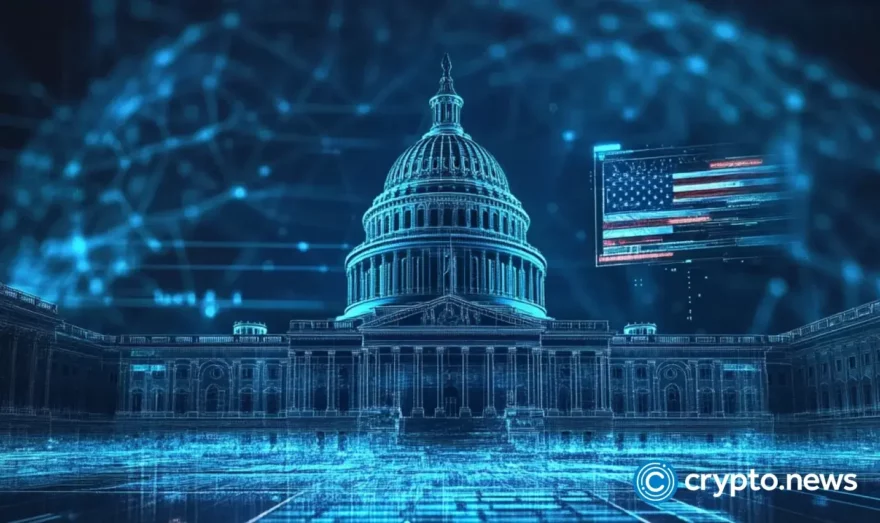Tether seeks involvement in U.S. stablecoin regulations

Tether has been in talks with U.S. lawmakers behind the STABLE Act. The firm aims to get more involved in shaping U.S. stablecoin legislations.
According to FOX Business reporter Eleanor Terrett, Tether (USDT) has been in discussions with Rep. Bryan Steil and Republican Chair of the House Financial Services Committee, French Hill, regarding stablecoin regulations in the U.S.
Steil and Hill confirmed to Terret that the world’s largest stablecoin issuer has been engaging actively on the discussion draft for the new bill, Stablecoin Transparency and Accountability for a Better Ledger Economy, or STABLE Act.
The bill is set to require stablecoin issuers to gain permission from the Office of the Comptroller of the Currency and back their crypto to traditional fiat currency, short-term U.S. Treasury bills, or central bank reserves.
CEO Paolo Ardoino said that the firm plans to comply with the U.S. regulations for stablecoin, however it may turn out.
“We are not going to just throw in the towel and let Tether die just for the sake of not adapting to U.S. legislation,” said Ardoino.
This means that if the STABLE Act comes to pass, Tether will need to commit to maintaining one-to-one asset backing for its tokenized fiat and conduct monthly reserve audits through a U.S.-based accounting firm.
According to Terret, Tether has been criticized for its lack of transparency, namely due to accusations that the firm has never received a full audit. Instead, the stablecoin firm provides quarterly reports from its financial books published by global accounting firm BDO.
Furthermore, JP Morgan analysts predict that Tether will have to sell some of its Bitcoin (BTC) holdings to comply to the new requirements, citing that the stablecoin firm only has 66% to 83% of the required amount to back its crypto supply.
Ardoino stated that his team aims to get involved in shaping all regulatory frameworks for stablecoins in the U.S. to ensure that they have a say in the legislative process.
“We are going to work within the regulatory framework, and we are going to try to advise on every single one of these field proposals to make sure that our voice is heard,” said Ardoino.
In the past week, there have been three stablecoin bills introduced in the House and the Senate. Aside from the STABLE Act, there was also the GENIUS Act, a bipartisan bill introduced by the Senate team that includes an author of the Bitcoin reserve proposal, sen. Cynthia Lummis. The bill regulates stablecoins with a market cap over $10 billion.
Additionally, Democratic Rep. Maxine Waters on the House Financial Services Committee, introduced a proposal for stabelcoin oversight involving the Office of the Comptroller of the Currency, the Federal Deposit Insurance Corporation, and the Federal Reserve.
On Feb. 13, Federal Reserve Governor Christopher Waller said that stablecoins have the potential to strengthen the U.S. dollar’s domination on a global scale. However, he believes that the stablecoin market still requires a regulatory framework that directly addresses stablecoin risks and enables banks and non-banks to issue stablecoins.
Last year, Fed Chairman Jerome Powell also claimed to fully support the creation of a stablecoin framework in a meeting with the House Financial Services Committee.

















